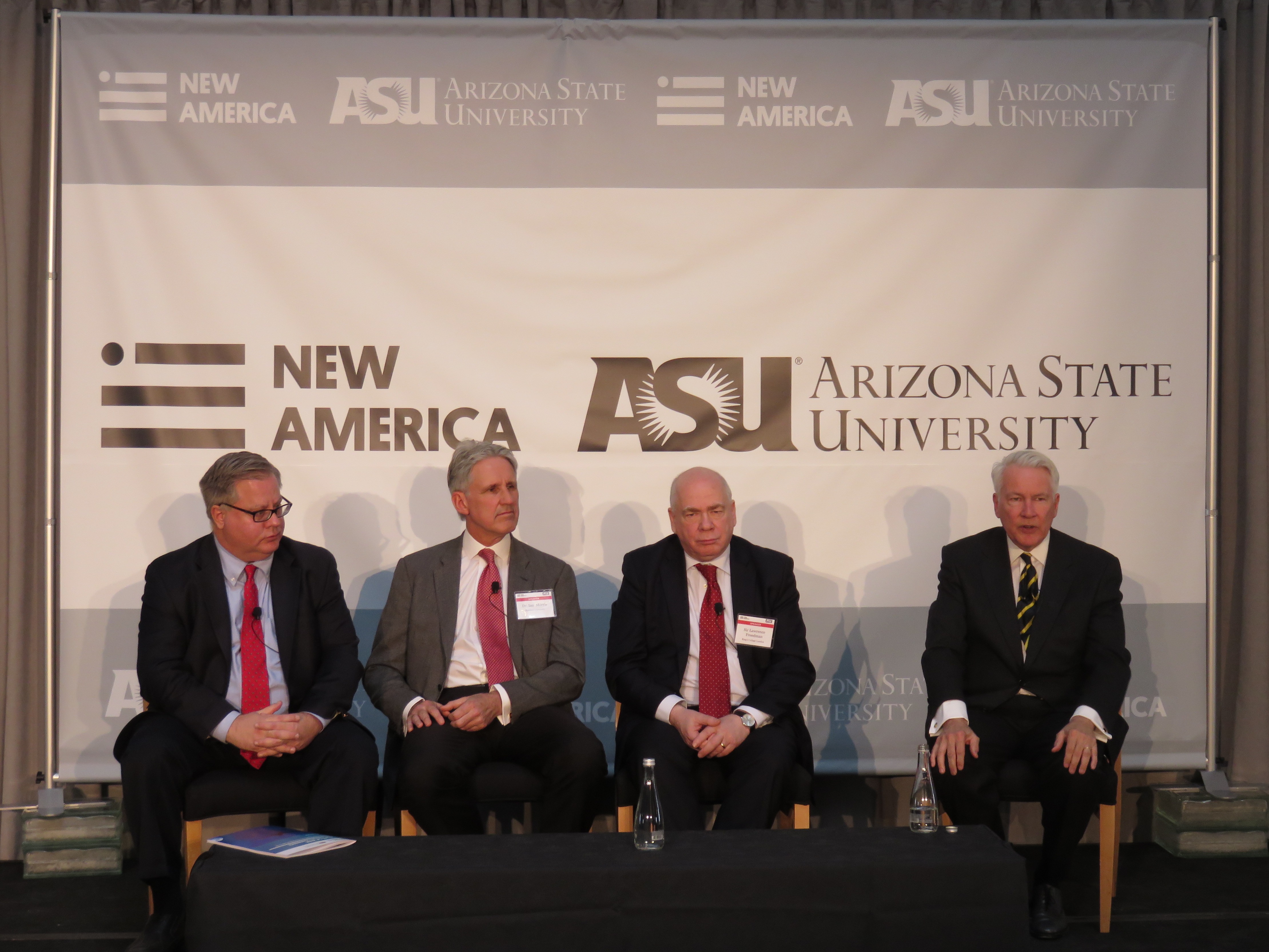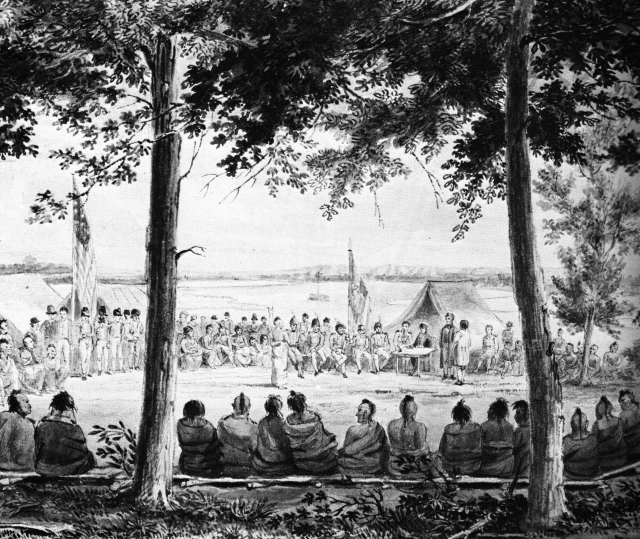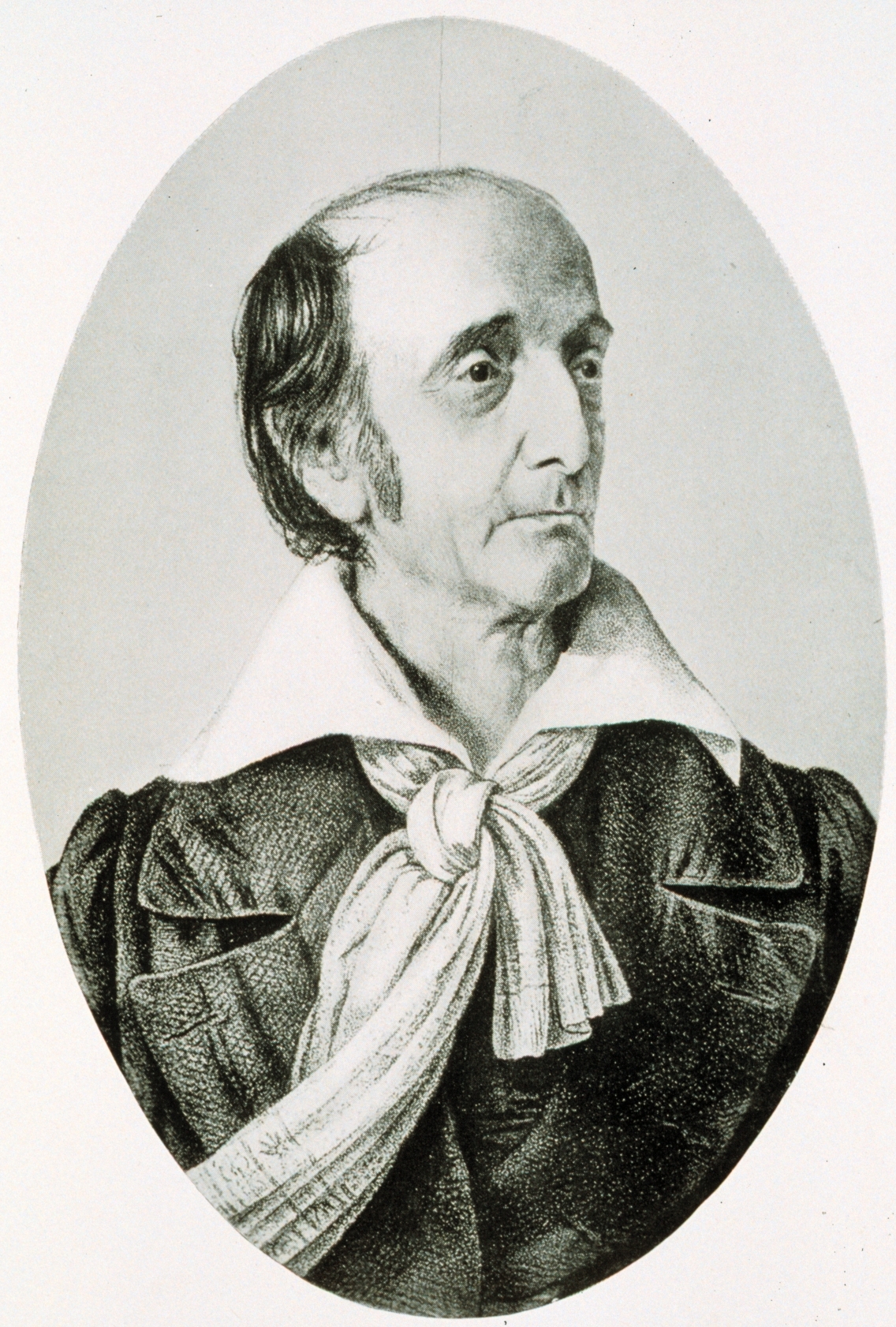|
American School (economics)
The American School, also known as the National System, represents three different yet related constructs in politics, policy and philosophy. The policy existed from the 1790s to the 1970s, waxing and waning in actual degrees and details of implementation. Historian Michael Lind describes it as a coherent applied economic philosophy with logical and conceptual relationships with other economic ideas. "Free Trade Fallacy" New America It is the macroeconomics, macroeconomic philosophy that dominated United States national policies from the time of the American Civil War until the mid-20th century. [...More Info...] [...Related Items...] OR: [Wikipedia] [Google] [Baidu] |
Michael Lind
Michael Lind (born April 23, 1962) is an American writer and academic. He has explained and defended the tradition of American democratic nationalism in a number of books, beginning with '' The Next American Nation'' (1995). He is currently a professor at the Lyndon B. Johnson School of Public Affairs at the University of Texas at Austin. Early life Lind is a fifth-generation Central Texan, of Swedish, English, Scottish and possibly German Jewish descent. Born in Austin, he was educated in Austin public schools. His father, Charles Ray Lind, was an assistant attorney general of Texas, and his mother, Marcia Hearon Lind, was a public school teacher and principal. He attended the Plan II Liberal Arts Honors Program at the University of Texas at Austin, graduating in 1982 with honors. He received a master's degree in International Relations from Yale University in 1985 and a J.D. from the University of Texas Law School in 1988. Career Lind worked for the Heritage Foundation's S ... [...More Info...] [...Related Items...] OR: [Wikipedia] [Google] [Baidu] |
Report On Manufactures
The Report on the Subject of Manufactures, generally referred to by its shortened title Report on Manufactures, is the third major report, and ''magnum opus'', of American Founding Father and first United States Treasury Secretary Alexander Hamilton. It was presented to the US Congress on December 5, 1791. It laid forth economic principles rooted in both the mercantilist system of Elizabeth I's England and the practices of Jean-Baptiste Colbert of France. The main ideas of the Report would later be incorporated into the " American System" program by US Senator Henry Clay of Kentucky and his Whig Party. Abraham Lincoln, who called himself a "Henry Clay tariff Whig" during his early years, would later make the principles cornerstones, together with his opposition to the institution and the expansion of slavery, of the fledgling Republican Party. Hamilton's ideas would form the basis for the American School of economics. Economic plan Hamilton reasoned that to secure American ... [...More Info...] [...Related Items...] OR: [Wikipedia] [Google] [Baidu] |
Stephen Harriman Long
Stephen Harriman Long (December 30, 1784 – September 4, 1864) was an American army civil engineer, explorer, and inventor. As an inventor, he is noted for his developments in the design of steam locomotives. He was also one of the most prolific explorers of the early 1800s, although his career as an explorer was relatively short-lived. He covered over 26,000 miles in five expeditions, including a scientific expedition in the Great Plains area, which he famously confirmed as a "Great Desert" (leading to the term "the Great American Desert"). Biography Long was born in Hopkinton, New Hampshire, the son of Moses and Lucy (Harriman) Long. Long's Puritan ancestors came from England during the Puritan migration to New England. He received an A.B. from Dartmouth College in 1809 and an A.M. from Dartmouth in 1812. In 1814, he was commissioned a lieutenant of engineers in the U.S. Army Corps of Engineers. Upon the reorganization of the Army in 1816, he was appointed a Major on 16 ... [...More Info...] [...Related Items...] OR: [Wikipedia] [Google] [Baidu] |
Corps Of Discovery
The Corps of Discovery was a specially established unit of the United States Army which formed the nucleus of the Lewis and Clark Expedition that took place between May 1804 and September 1806. The Corps was led jointly by Captain Meriwether Lewis and Second Lieutenant William Clark. Commissioned by President Thomas Jefferson, the Corps' objectives were scientific and commercial – to study the area's plants, animal life, and geography, and to learn how the Louisiana Purchase could be exploited economically. Aside from its military composition, the Corps' additional personnel included scouts, boatmen, and civilians. On its two year expedition through the Great Plains and the Rocky Mountains, the Corps encountered more than two dozen Native American tribes. Modern research now acknowledges that without such contact or help, the Corps of Discovery would have struggled to have completed their journey. History The foundations for the Corps of Discovery were laid when Thomas Jefferso ... [...More Info...] [...Related Items...] OR: [Wikipedia] [Google] [Baidu] |
Rivers And Harbors Act
Rivers and Harbors Act may refer to one of many pieces of legislation and appropriations passed by the United States Congress since the first such legislation in 1824. At that time Congress appropriated $75,000 to improve navigation on the Ohio and Mississippi rivers by removing sandbars, snags, and other obstacles.Improving Transportation Like when first passed, the legislation was to be administered by the (USACE), under its and the [...More Info...] [...Related Items...] OR: [Wikipedia] [Google] [Baidu] |
Coast And Geodetic Survey
The United States Coast and Geodetic Survey (abbreviated USC&GS), known from 1807 to 1836 as the Survey of the Coast and from 1836 until 1878 as the United States Coast Survey, was the first scientific agency of the United States Government. It existed from 1807 to 1970, and throughout its history was responsible for mapping and charting the coast of the United States, and later the coasts of U.S. territories. In 1871, it gained the additional responsibility of surveying the interior of the United States and geodesy became a more important part of its work, leading to it being renamed the U.S. Coast and Geodetic Survey in 1878. Long the U.S. Government's only scientific agency, the Survey accumulated other scientific and technical responsibilities as well, including astronomy, cartography, meteorology, geology, geophysics, hydrography, navigation, oceanography, exploration, pilotage, tides, and topography. It also was responsible for the standardization of weights and measures th ... [...More Info...] [...Related Items...] OR: [Wikipedia] [Google] [Baidu] |
Economy Of The United States
The United States is a highly developed mixed-market economy and has the world's largest nominal GDP and net wealth. It has the second-largest by purchasing power parity (PPP) behind China. It has the world's seventh-highest per capita GDP (nominal) and the eighth-highest per capita GDP (PPP) as of 2022. US share of Global economy is 15.78% in PPP terms in 2022. The United States has the most technologically powerful and innovative economy in the world. Its firms are at or near the forefront in technological advances, especially in artificial intelligence, computers, pharmaceuticals, and medical, aerospace, and military equipment. The U.S. dollar is the currency of record most used in international transactions and is the world's foremost reserve currency, backed by the nation’s massive economy, stable government, extensive natural resources, highly advanced military, its role as the reference standard for the petrodollar system, and its linked eurodollar and la ... [...More Info...] [...Related Items...] OR: [Wikipedia] [Google] [Baidu] |
General Welfare Clause
A general welfare clause is a section that appears in many constitutions and in some charters and statutes that allows that the governing body empowered by the document to enact laws to promote the general welfare of the people, which is sometimes worded as the public welfare. In some countries, it has been used as a basis for legislation promoting the health, safety, morals, and well-being of the people governed by it. Argentina The Constitution of Argentina provides in its Preamble that one of its purposes is to "promote the general welfare". A comparative, international analysis of the meaning of this phrase in the Argentine constitution is provided by an 1897 report from the Supreme Court of Argentina: Philippines The Constitution of the Philippines contains five references to the general welfare: "The maintenance of peace and order, the protection of life, liberty, and property, and promotion of the general welfare are essential for the enjoyment by all the people of the bl ... [...More Info...] [...Related Items...] OR: [Wikipedia] [Google] [Baidu] |
Constitutional Convention (United States)
The Constitutional Convention took place in Philadelphia from May 25 to September 17, 1787. Although the convention was intended to revise the league of states and first system of government under the Articles of Confederation, the intention from the outset of many of its proponents, chief among them James Madison of Virginia and Alexander Hamilton of New York, was to create a new Frame of Government rather than fix the existing one. The delegates elected George Washington of Virginia, former commanding general of the Continental Army in the late American Revolutionary War (1775–1783) and proponent of a stronger national government, to become President of the convention. The result of the convention was the creation of the Constitution of the United States, placing the Convention among the most significant events in American history. The convention took place in the old Pennsylvania State House (now known as Independence Hall) in Philadelphia. At the time, the convention was ... [...More Info...] [...Related Items...] OR: [Wikipedia] [Google] [Baidu] |
American System Of Henry Clay
American(s) may refer to: * American, something of, from, or related to the United States of America, commonly known as the "United States" or "America" ** Americans, citizens and nationals of the United States of America ** American ancestry, people who self-identify their ancestry as "American" ** American English, the set of varieties of the English language native to the United States ** Native Americans in the United States, indigenous peoples of the United States * American, something of, from, or related to the Americas, also known as "America" ** Indigenous peoples of the Americas * American (word), for analysis and history of the meanings in various contexts Organizations * American Airlines, U.S.-based airline headquartered in Fort Worth, Texas * American Athletic Conference, an American college athletic conference * American Recordings (record label), a record label previously known as Def American * American University, in Washington, D.C. Sports teams Soccer * Ba ... [...More Info...] [...Related Items...] OR: [Wikipedia] [Google] [Baidu] |
England
England is a country that is part of the United Kingdom. It shares land borders with Wales to its west and Scotland to its north. The Irish Sea lies northwest and the Celtic Sea to the southwest. It is separated from continental Europe by the North Sea to the east and the English Channel to the south. The country covers five-eighths of the island of Great Britain, which lies in the North Atlantic, and includes over 100 smaller islands, such as the Isles of Scilly and the Isle of Wight. The area now called England was first inhabited by modern humans during the Upper Paleolithic period, but takes its name from the Angles, a Germanic tribe deriving its name from the Anglia peninsula, who settled during the 5th and 6th centuries. England became a unified state in the 10th century and has had a significant cultural and legal impact on the wider world since the Age of Discovery, which began during the 15th century. The English language, the Anglican Church, and Engli ... [...More Info...] [...Related Items...] OR: [Wikipedia] [Google] [Baidu] |






